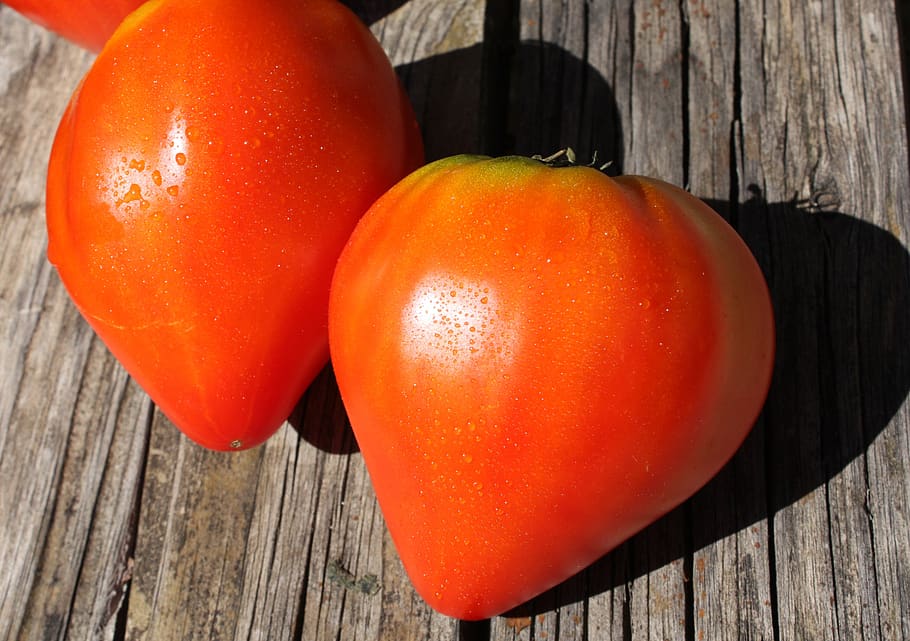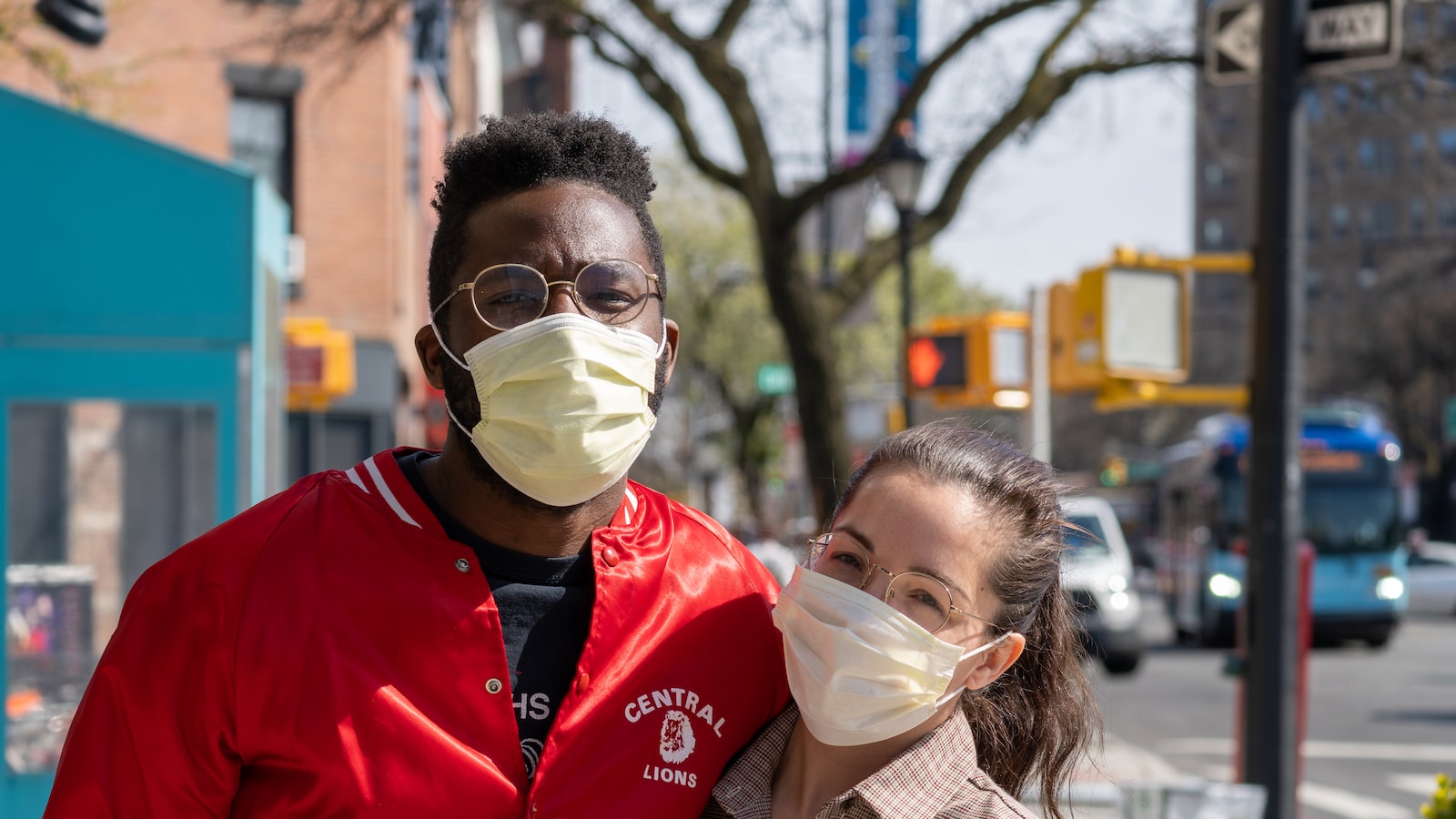Growing Peppers Indoors – Guidelines & Tips
Growing peppers indoors can be a rewarding and rewarding experience. Peppers are hardy plants that can thrive in most indoor environments and can be a great addition to any indoor or patio garden. Here are some guidelines and tips for how to successfully grow peppers indoors.
Location and Sunlight
Choose an area of your home that receives plenty of sunshine, such as a windowsill or balcony. Depending on your climate and environment, you may need to provide supplemental lighting with sunlight bulbs or grow lights. Don’t forget to rotate your plants at least once every two weeks to ensure that all sides get the same amount of light.
Soil Requirements
As with most plants, soil is essential to the growth of peppers. Peppers need sandy, well-draining soil with lots of organic matter. You can buy a potting mix that is designed for growing vegetables, or create your own mix with 1 part peat moss, 1 part vermiculite, and 1 part sand.
Watering
Peppers love being consistently moist, but be mindful not to overwater them. Overwatering your peppers can cause root rot and other problems. Water your peppers when the top inch of soil is dry and use lukewarm water when possible. Try to avoid wetting the stems and leaves, as this can cause leaf spots and rot.
Fertilizer
Feed your peppers with a balanced fertilizer every 2-3 months. Use a 10-10-10 fertilizer or one specifically designed for peppers to ensure optimal growth and development. Avoid applying too much fertilizer, as this can cause “burning” and damage to the plant.
Harvesting
Once your peppers have reached their desired size, it’s time to harvest them. Use a pair of standing scissors or gardening clippers to carefully cut each pepper and avoid damaging the plant or other peppers. Make sure to wear gloves during harvesting as some peppers can cause skin irritation.
Pest Control
Pests are one of the biggest issues when growing peppers indoors. Keep an eye out for aphids, spider mites, and whiteflies. If you see pests, spray them with a pesticide designed specifically for peppers. Continue to monitor your plants and treat any new infestations as soon as possible.
Conclusion
Peppers can be a great addition to any indoor garden and with the proper care and attention they can be very productive. Make sure to follow these guidelines and tips in order to ensure the successful growth of your pepper plants.



